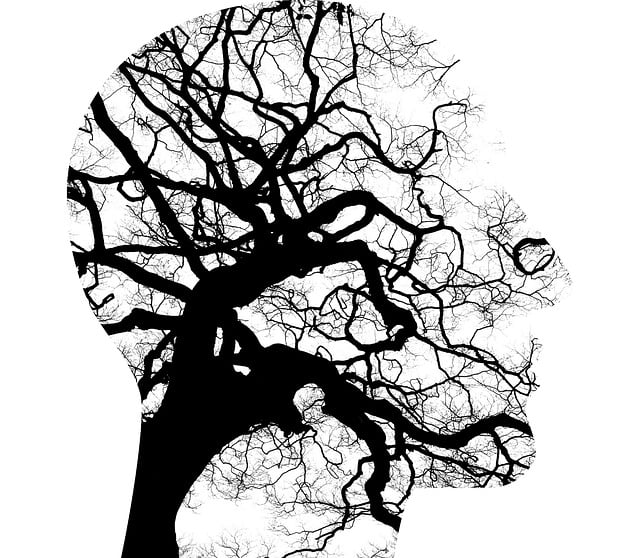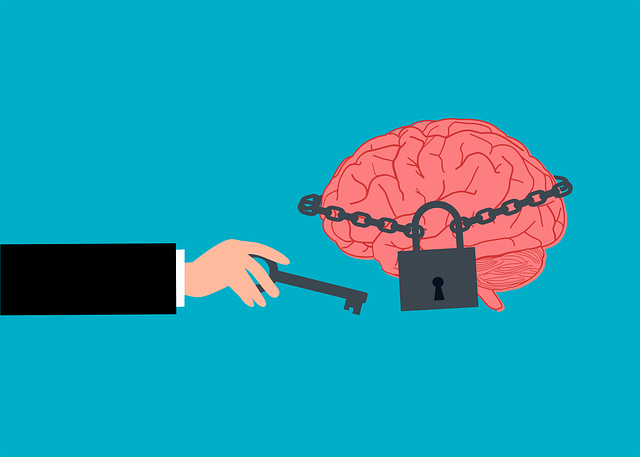Cultural sensitivity is key to high-quality mental healthcare, especially in addressing psychosis, as it fosters trust and personalized treatment through understanding diverse beliefs, behaviors, and communication styles. Highlands Ranch Psychosis Therapy faces challenges like cultural misconceptions about psychosis and language barriers, but these can be overcome by training therapists in cultural competency, multilingual initiatives, and providing accessible resources. This approach ensures tailored care, improves engagement, and enhances therapeutic outcomes for all community members.
In the diverse landscape of mental healthcare, cultural sensitivity is a vital component ensuring effective treatment. This article explores the nuances of cultural sensitivity in mental health practice, with a specific focus on the context of Highlands Ranch Psychosis Therapy. We delve into the challenges and barriers that patients from varied cultural backgrounds often face, offering practical strategies for healthcare providers to foster culturally competent practices. By understanding these dynamics, we can enhance care accessibility and outcomes for all individuals seeking treatment in Highlands Ranch and beyond.
- Understanding Cultural Sensitivity in Mental Healthcare
- Challenges and Barriers in Highlands Ranch Psychosis Therapy
- Strategies for Culturally Competent Practice in Mental Health Care
Understanding Cultural Sensitivity in Mental Healthcare

Cultural sensitivity is a cornerstone of effective mental healthcare practice, ensuring that services are accessible and tailored to the diverse needs of individuals from various backgrounds. It involves recognizing and appreciating cultural differences in beliefs, values, behaviors, and communication styles, which can significantly impact an individual’s experience of psychosis or other mental health conditions. In Highlands Ranch Psychosis Therapy, for instance, understanding a client’s cultural context helps therapists create a safe and supportive environment that encourages open dialogue and effective treatment.
Building empathy through active listening and cultural competency training equips healthcare professionals with essential tools to foster trust and rapport. Additionally, integrating strategies like teaching emotional regulation techniques and promoting self-care practices can be culturally adapted to resonate with different communities, enhancing therapeutic outcomes. Such approaches not only respect individuals’ cultural identities but also empower them to take an active role in their mental health journey.
Challenges and Barriers in Highlands Ranch Psychosis Therapy

Highlands Ranch psychosis therapy faces unique challenges due to cultural sensitivities and barriers that can significantly impact treatment outcomes. One major hurdle is the lack of culturally competent resources tailored to meet the diverse needs of the community, where individuals from various ethnic backgrounds might have specific beliefs and practices affecting their mental health. For instance, some cultures may view psychosis as a spiritual or supernatural condition, leading to resistance towards conventional therapy approaches. Overcoming this requires therapists to be sensitive to these differences and adapt their strategies accordingly, ensuring the patient feels understood and respected.
Additionally, language barriers pose a significant challenge in Highlands Ranch psychosis therapy, hindering effective communication between therapist and patient. Mental health awareness campaigns that promote coping skills development and anxiety relief should consider multilingual initiatives to address this issue. By incorporating cultural sensitivity training for therapists and providing multilingual resources, the community can move towards more inclusive and accessible mental healthcare practices, fostering better engagement and improved treatment outcomes for all residents.
Strategies for Culturally Competent Practice in Mental Health Care

Incorporating cultural sensitivity into mental healthcare practice is paramount to delivering effective Highland Ranch psychosis therapy. Healthcare provider cultural competency training plays a crucial role in fostering an environment where diverse backgrounds and experiences are understood and respected. By equipping professionals with knowledge about different cultural beliefs, values, and practices related to mental health, they can offer more personalized and inclusive care. This involves learning about the specific cultural context of each client, including their traditions, family dynamics, and community support systems.
Through this training, mental health professionals can develop coping skills development strategies that align with a patient’s cultural identity, enhancing engagement in treatment and therapeutic outcomes. It encourages providers to go beyond language translation, understanding cultural nuances to avoid misunderstandings or insensitive approaches. This holistic approach not only improves access to mental health services but also promotes better patient satisfaction and overall well-being, ensuring that everyone receives care tailored to their unique needs and beliefs.
Cultural sensitivity is an indispensable aspect of mental healthcare, especially in diverse communities like Highlands Ranch. By recognizing and addressing cultural barriers, such as language differences and unique community norms, therapists can significantly improve the effectiveness of Highlands Ranch psychosis therapy. Implementing culturally competent strategies, including training, translation services, and adaptive therapeutic approaches, ensures that all individuals receive tailored, respectful, and accessible care. Embracing cultural sensitivity not only enhances patient outcomes but also fosters a more inclusive and equitable mental healthcare system.








